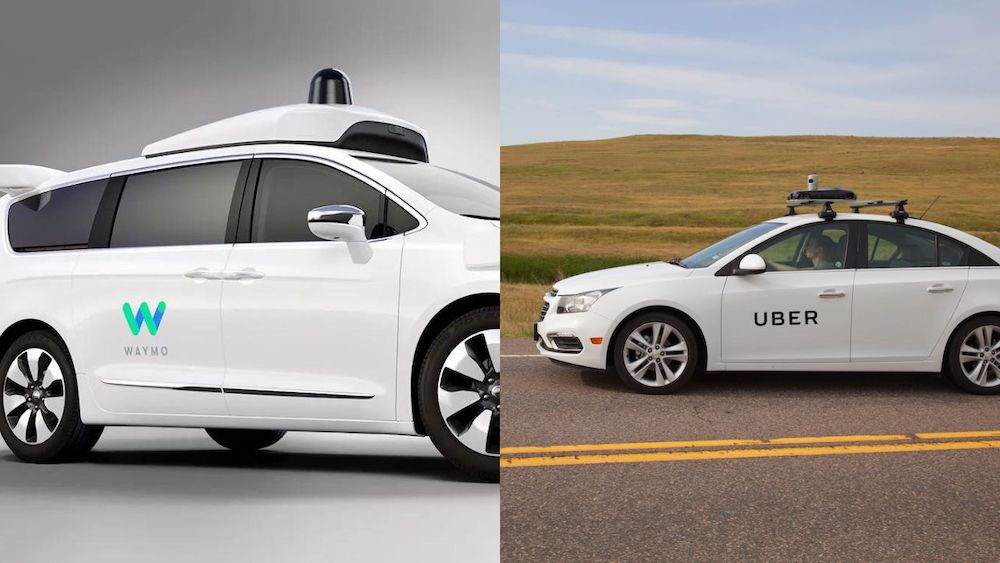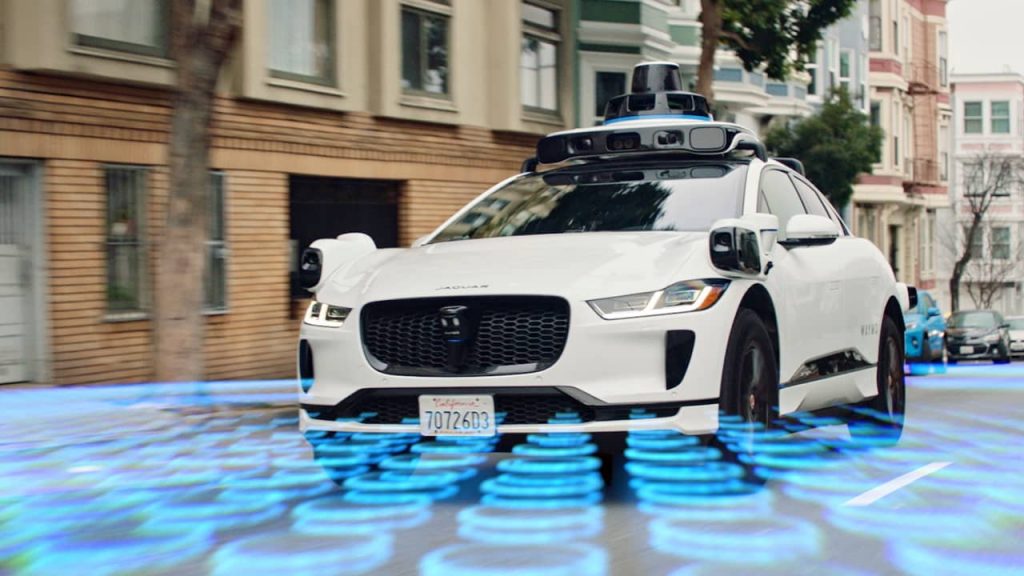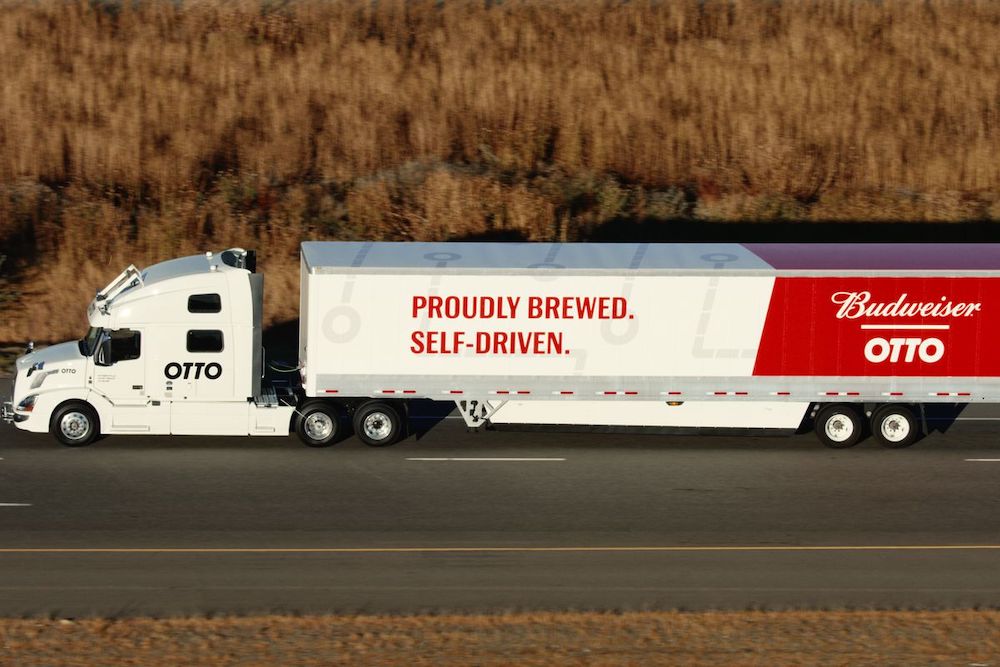Anthony Levandowski, a name that has become synonymous with self-driving technology, is an American-French engineer who has made significant strides in the world of autonomous vehicles. Anthony Levandowski Net Worth is negative $20 million.
Born in Brussels, Belgium, and raised in California, Levandowski has been a key player in the tech industry, co-founding Google’s self-driving car program, Waymo, and autonomous trucking companies, Otto and Pronto. However, his journey hasn’t been without its share of bumps.
Table of Contents
Anthony Levandowski Net Worth
As of May 2023, Anthony Levandowski Net Worth stands at a staggering negative $20 million. Yes, you read that right. Once worth between $50 and $100 million, Levandowski’s fortune took a nosedive following a $179 million judgment against him in a lawsuit with Google.
This led him to declare personal bankruptcy, painting a stark contrast to his previous financial status.
Early Life and Education of Anthony Levandowski
| Name | Anthony Levandowski |
| Net Worth | Negative $20 million (as of May 2023) |
| Date of Birth | March 15, 1980 |
| Place of Birth | Brussels, Belgium |
| Gender | Male |
| Profession | Tech Entrepreneur, Engineer |
| Nationality | American-French |
Born on March 15, 1980, in the heart of Europe, Brussels, Belgium, Anthony Levandowski’s life has been as dynamic as the city itself.
The son of a French diplomat mother and an American businessman father, Levandowski’s early years were steeped in a blend of cultures and influences.
As a teenager, Levandowski’s life took a significant turn when he moved with his parents to the sunny state of California.
This move marked the beginning of a new chapter in his life, one that would eventually lead him to become a prominent figure in the tech industry.
Levandowski’s academic journey led him to the prestigious University of California, Berkeley. It was here that he delved into the world of industrial engineering and operations research, earning both bachelor’s and master’s degrees.
His time at Berkeley not only equipped him with a solid academic foundation but also sparked his entrepreneurial spirit, setting the stage for his future ventures in the realm of self-driving technology.
Career Beginnings
Anthony Levandowski’s career in the tech industry took off while he was still a student at the University of California, Berkeley.
His entrepreneurial spirit shone through early on when he founded the intranet and IT services company, La Raison, as a freshman. This venture proved to be a success, raking in $50,000 in its first year, a remarkable achievement for a college student.
But Levandowski didn’t stop there. His passion for technology and innovation led him to create the BillSortBot during his sophomore year. This unique invention, a Lego robot designed to sort Monopoly money, showcased Levandowski’s knack for robotics and engineering.
His creation was so impressive that it won first place in the Sun Microsoft robotics competition, further cementing his reputation as a rising star in the tech world.
These early projects were just the beginning of Levandowski’s illustrious career. They served as stepping stones, paving the way for his future contributions to the field of autonomous vehicles.
Work at Google
Levandowski’s career took a significant leap when he joined the tech giant, Google, in 2007. Here, he teamed up with computer scientist Sebastian Thrun and others to develop the Google Street View system.
This project involved capturing over 620,000 miles of roadways, a feat achieved by outfitting 100 Toyota Priuses with roof-mounted mobile mapping boxes. These boxes, known as “Topcon” boxes, were designed by Levandowski’s tech startup, 510 Systems, and allowed the cars to drive around and generate 3D maps.
But Levandowski’s contributions to Google didn’t stop there. He was instrumental in the creation of the first self-driving car ever on public roads, the PriBot. This self-driving Toyota Prius was a testament to Levandowski’s innovative spirit and his belief in the potential of autonomous vehicles.
In 2009, Levandowski’s vision for self-driving technology took shape with the launch of Google’s driverless car project, Chauffeur, which was later renamed Waymo. As a co-founder of Waymo, Levandowski played a pivotal role in the development and success of the project.
During his tenure at Google, Levandowski earned a whopping total compensation of at least $120 million. This figure reflects not only his valuable contributions to the company but also the high stakes and potential of the self-driving technology industry.
Otto and Pronto
After leaving Google, Levandowski’s entrepreneurial spirit remained undeterred. He co-founded Otto, an autonomous trucking company, with Lior Ron, Don Burnette, and Claire Delaunay. Otto was a bold venture that aimed to retrofit big rig trucks with self-driving systems, pushing the boundaries of autonomous technology.
Otto’s innovative approach didn’t go unnoticed. Within just five months of operation, the company was acquired by Uber Technologies. This acquisition led to Levandowski spearheading Uber’s driverless car division, further cementing his position as a leader in the field of self-driving technology.
However, Levandowski’s time at Uber was marred by controversy. He was fired in 2017 after it was revealed that he had allegedly raided the design server of Waymo before resigning from Google. This led to the shuttering of Uber’s autonomous trucking program the following year.
Undeterred by these setbacks, Levandowski launched another driverless car company, Pronto, in 2018. He invested more than $8.5 million in this venture, which initially focused on creating camera-based, self-driving retrofit systems for semi-trucks on the highway.
As of 2022, Pronto transitioned to developing self-driving vehicles for use in specialty environments, such as quarries, and also launched a new off-road autonomous division.
Other Projects of Anthony Levandowski
Beyond the realm of autonomous vehicles, Levandowski’s ventures have been as diverse as they are intriguing. In 2015, he formed a religious organization called Way of the Future.
This wasn’t your typical religious organization, though. Levandowski’s vision was to create a Christian God via artificial intelligence, a testament to his unwavering belief in the potential of AI. However, the organization was shut down in 2021, marking the end of this unique venture.
Levandowski’s innovative spirit didn’t stop there. In 2022, he launched Pollen Mobile, an open-source wireless network.
This project involved distributing antennae and other devices to consumers in the Bay Area, providing them with access to a new kind of network. Interestingly, this network is also used by the autonomous vehicles developed by Pronto, Levandowski’s self-driving vehicle company.
These projects showcase Levandowski’s diverse interests and his ability to think outside the box. However, his innovative ventures have not been without their share of legal challenges.
Legal Issues

Levandowski’s career has been marked by significant legal challenges. In 2017, he found himself at the center of a high-profile civil lawsuit, Waymo v. Uber. The lawsuit alleged that Levandowski had downloaded 9.7 GB of confidential Waymo files and trade secrets before his resignation from Google.
These files, which included blueprints and designs, were then allegedly used by Levandowski at Uber. The suit was ultimately settled in early 2018, with Uber paying Waymo around $245 million in equity and agreeing not to use its technology.
But the legal troubles didn’t end there for Levandowski. In 2019, he was indicted by the Department of Justice on 33 federal charges of allegedly stealing trade secrets from Waymo. This was a serious blow to Levandowski, who had been a key player in the development of self-driving technology.
Levandowski pled guilty to one of the charges and was sentenced to 18 months in prison. He was also required to pay around $756,500 in restitution to Waymo, plus a $95,000 fine. However, after serving close to six months, Levandowski received a presidential pardon in early 2021, marking a significant turn in his legal saga.
Bankruptcy
Levandowski’s legal issues took a heavy toll on his financial status. In 2020, he was found to have breached his employment contract with Google by poaching employees for his startup, Otto.
This breach led to a massive $179 million payment that Levandowski was ordered to pay Google, a sum that significantly impacted his net worth.
Faced with this enormous financial burden, Levandowski was forced to file for bankruptcy protection. This move was a stark contrast to his previous financial status, marking a low point in his financial journey.
However, in early 2022, a glimmer of hope appeared in the form of a global settlement. Levandowski, Google, and Uber reached an agreement, with Levandowski owing between $25 and $30 million. This settlement was a significant reduction from the initial $179 million judgment.
However, it was not without controversy, as the US Department of Justice and California’s Internal Revenue Service raised concerns about the tax implications for Levandowski’s estate.
Conclusion
Anthony Levandowski’s financial journey has been nothing short of a rollercoaster ride. From founding successful tech startups and earning a significant fortune to facing legal battles and filing for bankruptcy, his story is a testament to the highs and lows of the tech industry.
Once boasting a net worth between $50 and $100 million, Levandowski’s fortune took a dramatic turn following a $179 million judgment against him in a lawsuit with Google. This led him to declare personal bankruptcy, with his net worth plummeting to a staggering negative $20 million.
Despite these challenges, Levandowski has remained a key player in the field of autonomous vehicles. His contributions to Google’s self-driving car program, Waymo, and the founding of autonomous trucking companies Otto and Pronto, have left an indelible mark on the industry.
As of May 2023, Levandowski’s financial status is slowly recovering following a global settlement with Google and Uber. His net worth, while still in the negative, is on the path to recovery. His current ventures, including Pronto and the open-source wireless network Pollen Mobile, continue to push the boundaries of autonomous technology.
Levandowski’s story serves as a reminder of the volatile nature of the tech industry. It’s a world where innovation and risk often go hand in hand, leading to both remarkable successes and significant setbacks.
As we look to the future, there’s no doubt that Levandowski will continue to be a figure to watch in the realm of self-driving technology. His journey serves as a testament to the resilience and relentless innovation that defines the tech industry.
FAQs on Anthony Levandowski Net Worth
As of May 2023, Anthony Levandowski’s net worth is estimated to be negative $20 million. This is due to a $179 million judgment against him in a lawsuit with Google, which led him to declare personal bankruptcy.
Anthony Levandowski is known for his significant contributions to the field of self-driving technology. He co-founded Google’s self-driving car program, Waymo, and autonomous trucking companies Otto and Pronto.
Levandowski has faced several legal issues, including a high-profile civil lawsuit, Waymo v. Uber, and a federal indictment on charges of stealing trade secrets from Waymo. He was sentenced to 18 months in prison but received a presidential pardon after serving close to six months.
Otto, an autonomous trucking company co-founded by Levandowski, was acquired by Uber Technologies within just five months of operation. However, Uber’s autonomous trucking program was shut down the following year.
Levandowski’s current venture is Pronto, a company that develops self-driving vehicles for use in specialty environments. He also launched an open-source wireless network called Pollen Mobile.
More Celebrities:
Read More Interesting Stories:
- Will Artificial Intelligence (AI) destroy human existence in future?
- The Strange Story of Albert Einstein’s Brain After Death & The Key Findings
- 3 Reasons Why School Buses Are Yellow In Color








